The modular handheld DIY community has been quietly reshaping how enthusiasts interact with portable gaming technology. Unlike mainstream consoles with their walled gardens, this grassroots movement celebrates tinkering, customization, and open collaboration. What began as niche forums discussing Raspberry Pi emulators has evolved into a vibrant ecosystem where hardware hackers and retro gamers coalesce around shared values of repairability and creative expression.
At the heart of this movement lies a fundamental rejection of disposable tech culture. Modular designs allow users to replace thumbsticks, upgrade buttons, or even swap entire control modules without specialized tools. Communities like the Pocket Operators Collective have documented over 120 distinct controller configurations for their open-frame handhelds, with some members combining 3D-printed components with salvaged Nintendo Switch joy-cons. This stands in stark contrast to recent industry trends where even battery replacements require manufacturer approval.
The economic implications are fascinating. While major manufacturers push $70 proprietary controllers, DIY builders share CAD files for modular grips that cost $3 to print. A thriving secondary market has emerged on platforms like Tindie, where boutique shops sell custom shoulder triggers and haptic feedback modules. Surprisingly, some commercial players are taking notice - Anbernic recently open-sourced the schematics for their RG35XX shell, leading to an explosion of community-modified variants.
Software flexibility represents another frontier in this ecosystem. The same hardware might boot into RetroArch for classic gaming one moment, then switch to a custom Linux distro for coding practice the next. Developers have created astonishing software bridges - imagine streaming Xbox Cloud games to a device running Android, then seamlessly switching to native GameCube emulation. This fluidity attracts not just gamers but educators and hobbyists exploring embedded systems.
Community dynamics reveal interesting social patterns. Regional differences emerge organically - European builders tend to favor compact, minimalist designs while North American creators often prioritize ergonomic comfort. The annual Handheld Builders Summit (hosted alternately in Berlin and Austin) has become a melting pot where these philosophies cross-pollinate. Last year's highlight was a Japanese modder demonstrating how to integrate Kindle e-ink displays as secondary screens for RPG gameplay stats.
Technical challenges persist, particularly around power management and thermal design. The most active Discord channels feature intense debates about heat dissipation in modular ARM-based systems. Some innovative solutions have emerged from these discussions, like phase-change thermal pads that maintain effectiveness across frequently disassembled components. Battery technology remains a pain point, though several groups are experimenting with hot-swappable power banks.
Legal gray areas continue to spark debate within the community. While most agree on avoiding pirated ROMs, there's lively discussion about the ethics of reverse-engineering commercial controllers for modular use. Some argue this falls under fair use for personal devices, while others maintain it crosses ethical lines. Interestingly, several former Nintendo engineers have anonymously contributed to these discussions on enthusiast forums.
The environmental impact deserves special mention. Modular designs inherently combat e-waste - a 2018 survey of the community found 62% of builders incorporate parts from at least two discarded devices in their projects. Repair cafes have begun hosting handheld modding workshops, teaching skills that extend beyond gaming into general electronics sustainability. This ethos has even influenced commercial operations - Framework's upcoming gaming laptop reportedly drew inspiration from modular handheld community designs.
Looking ahead, the convergence of modular handhelds with cloud gaming presents intriguing possibilities. Early experiments with 5G-enabled modular controllers suggest a future where users might assemble bespoke input devices optimized for specific game genres or streaming services. As major tech companies increasingly lock down hardware, these DIY communities may well become the keepers of open hardware principles - ensuring users retain the right to repair, modify, and truly own their devices.

By /Jul 29, 2025
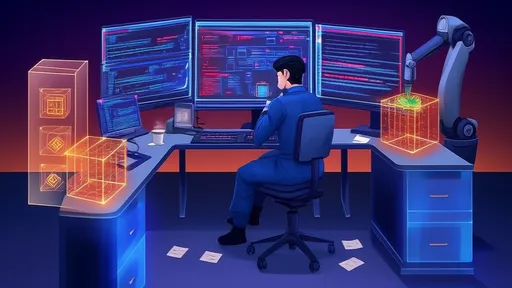
By /Jul 29, 2025

By /Jul 29, 2025

By /Jul 29, 2025
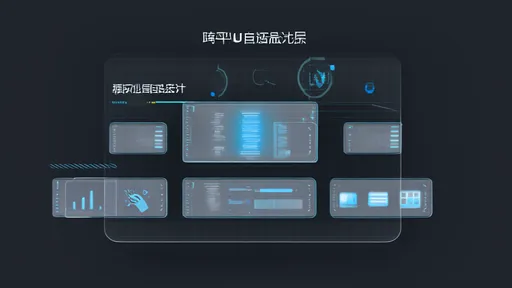
By /Jul 29, 2025

By /Jul 29, 2025

By /Jul 29, 2025

By /Jul 29, 2025

By /Jul 29, 2025

By /Jul 29, 2025

By /Jul 29, 2025

By /Jul 29, 2025
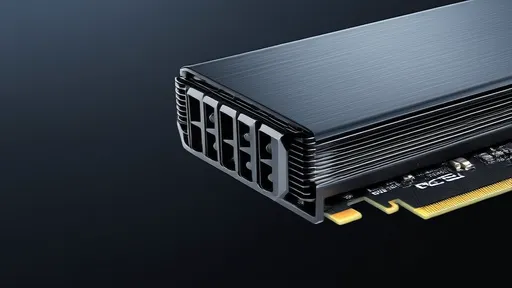
By /Jul 29, 2025
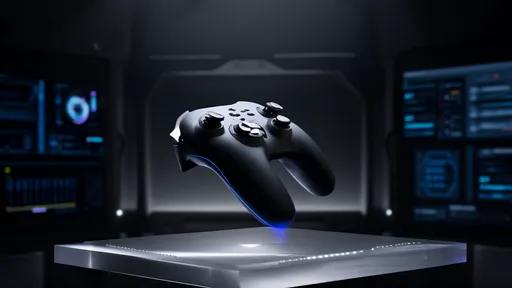
By /Jul 29, 2025
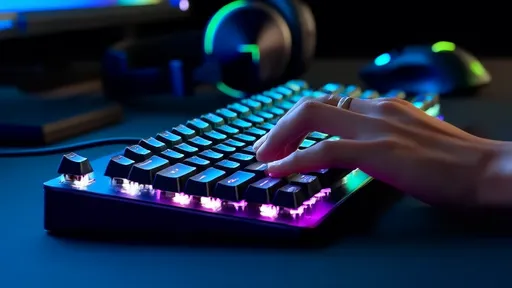
By /Jul 29, 2025
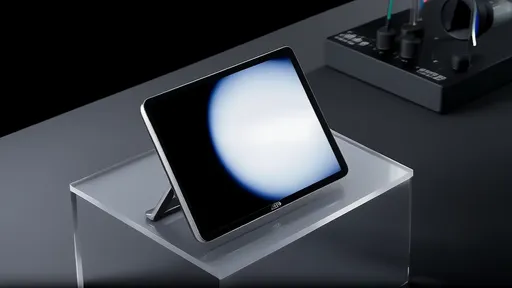
By /Jul 29, 2025

By /Jul 29, 2025
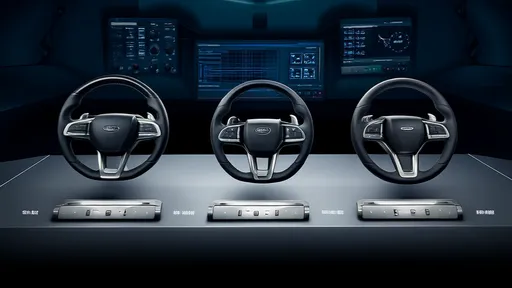
By /Jul 29, 2025

By /Jul 29, 2025
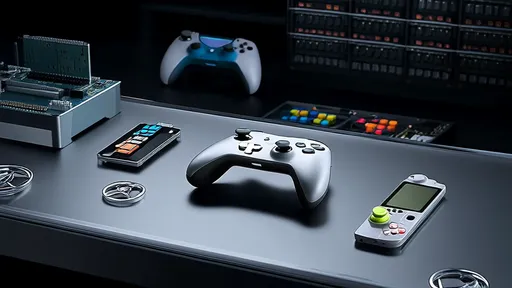
By /Jul 29, 2025